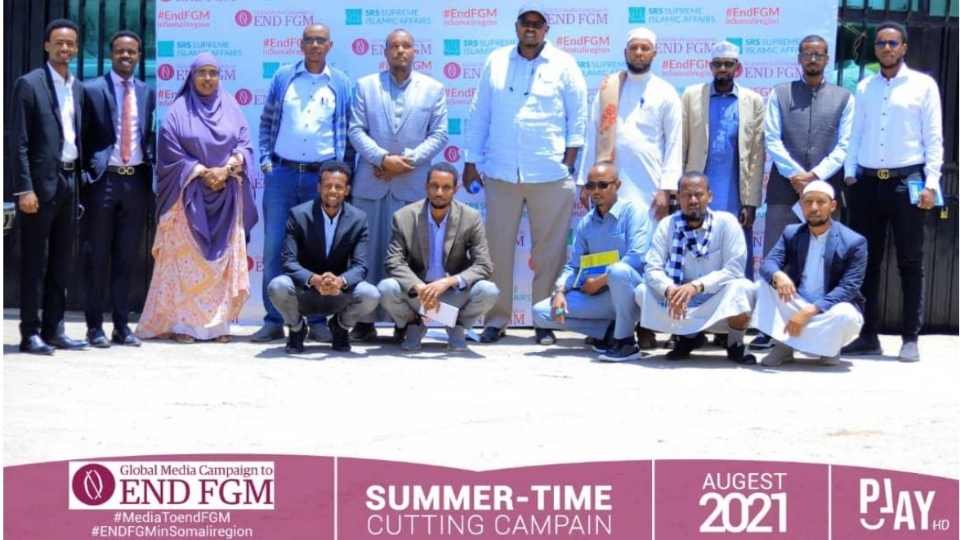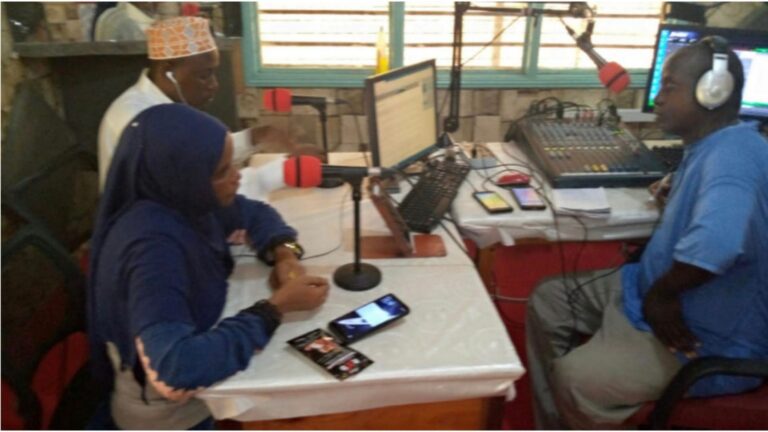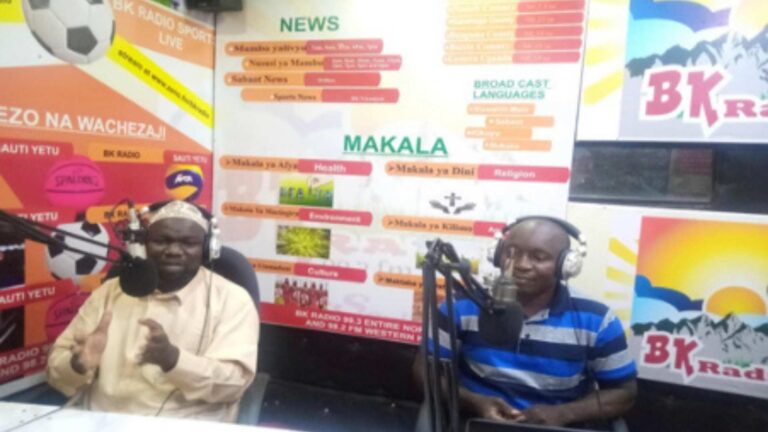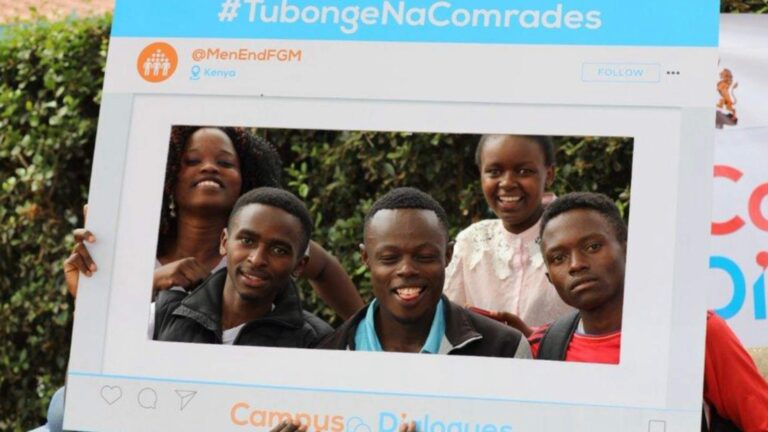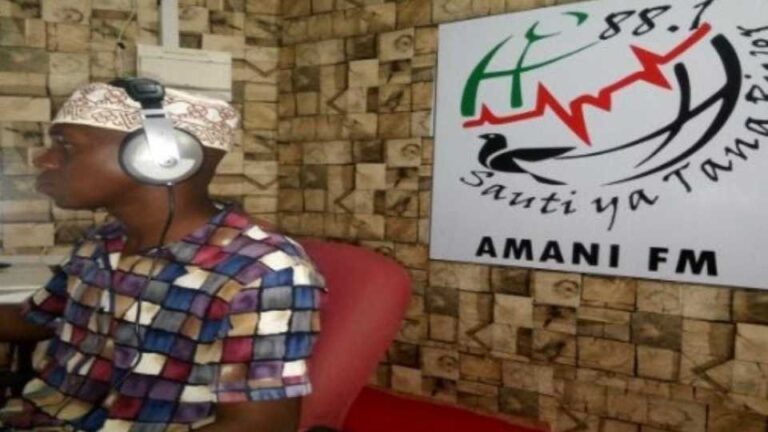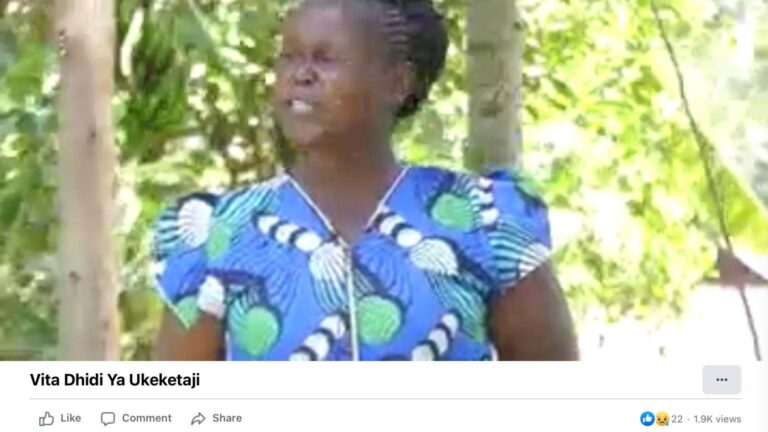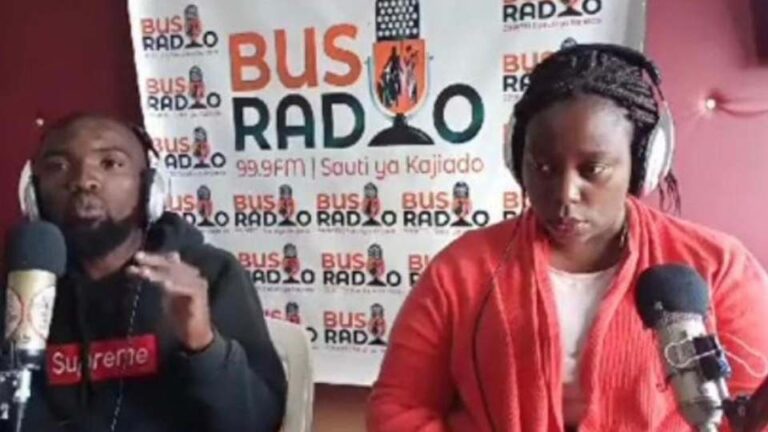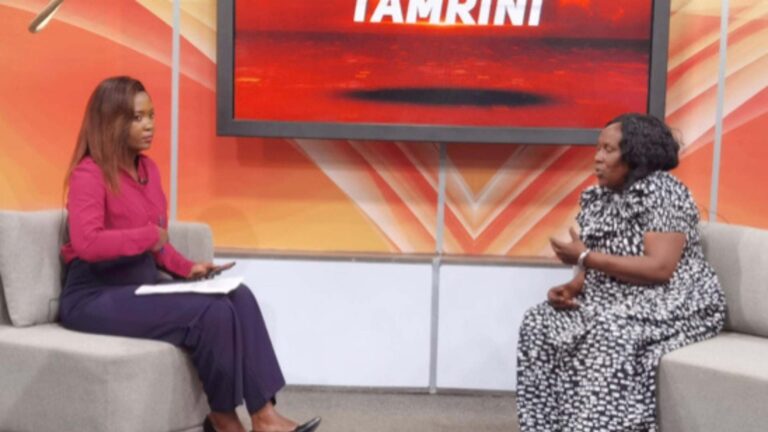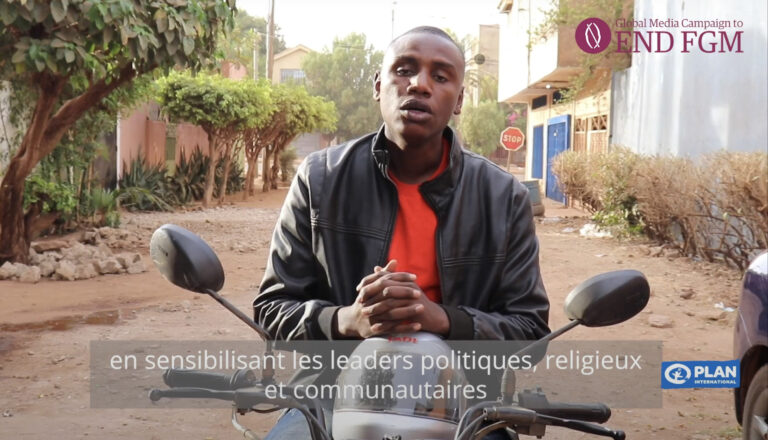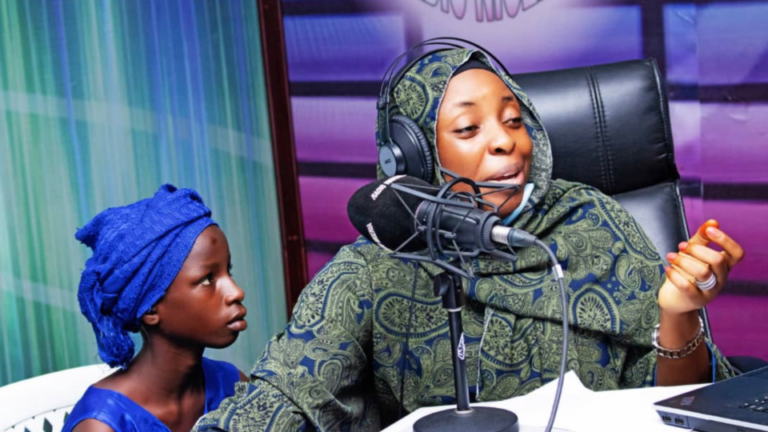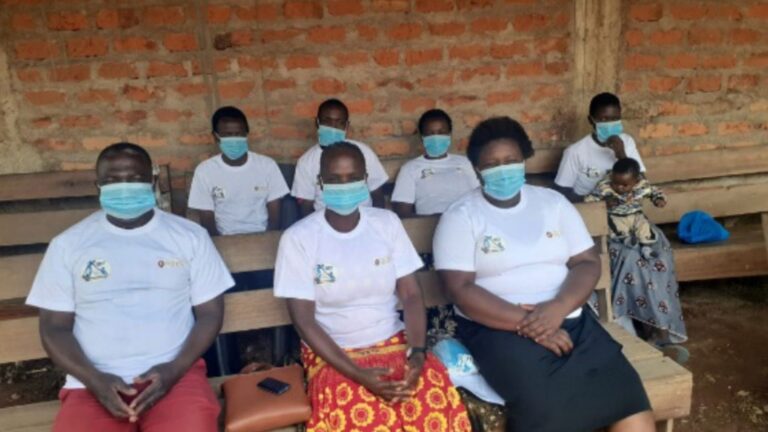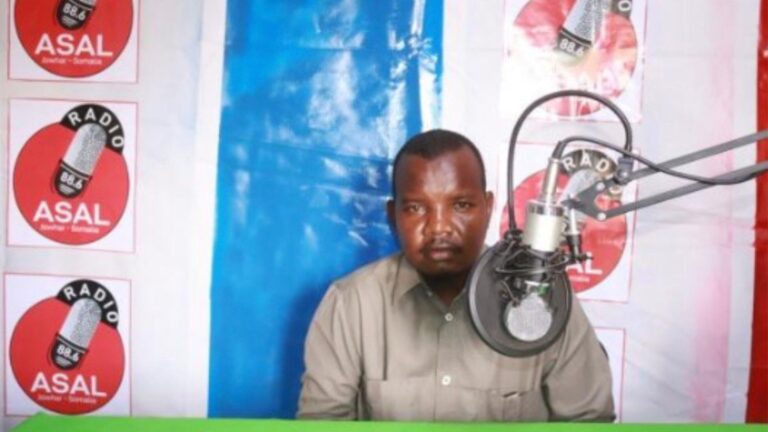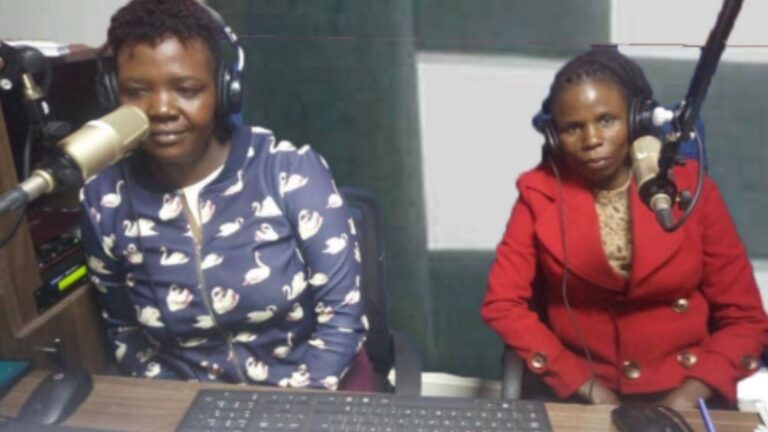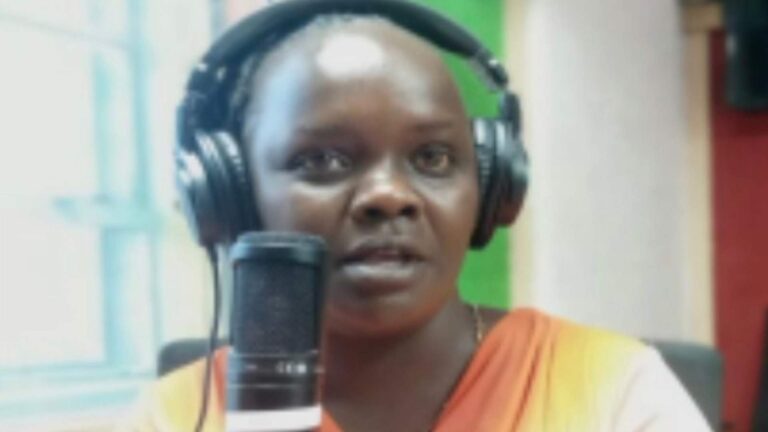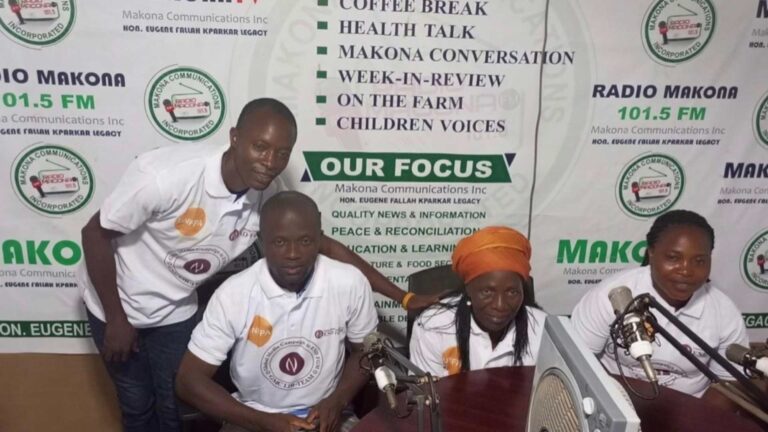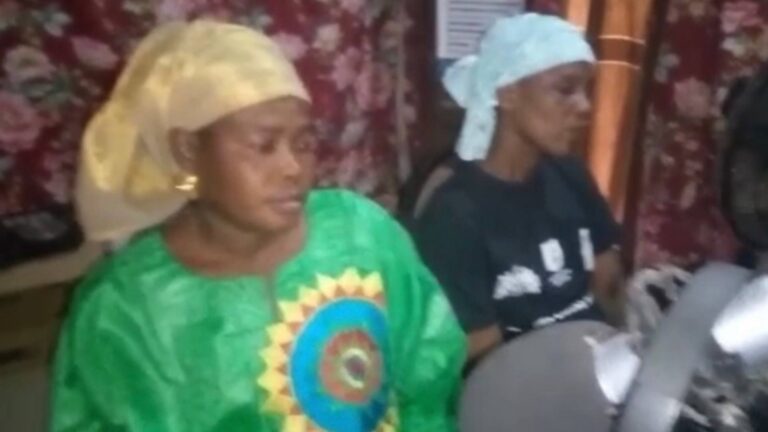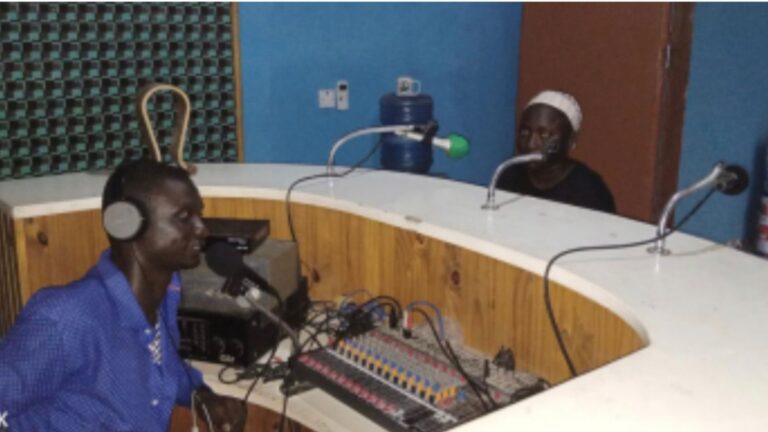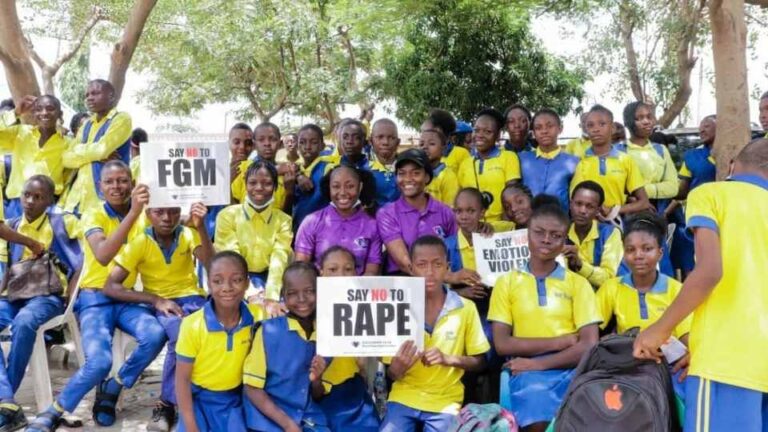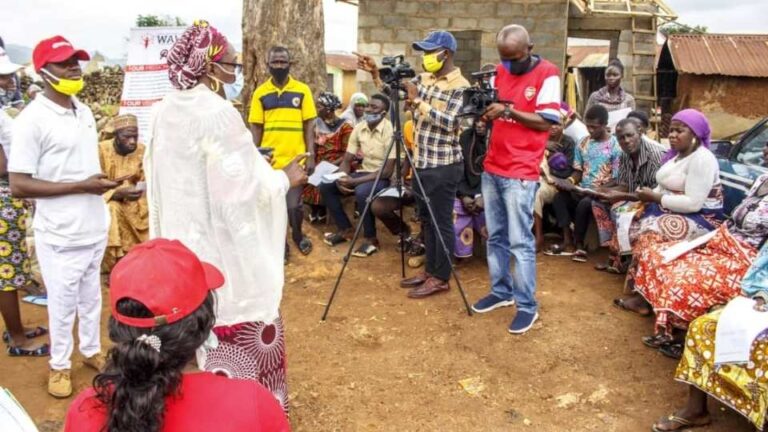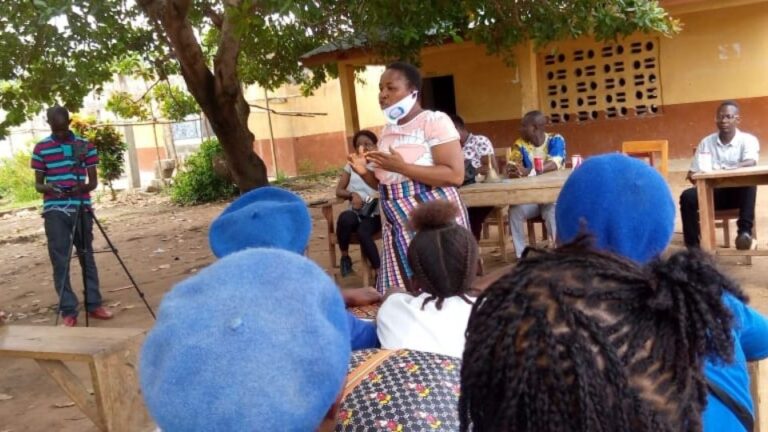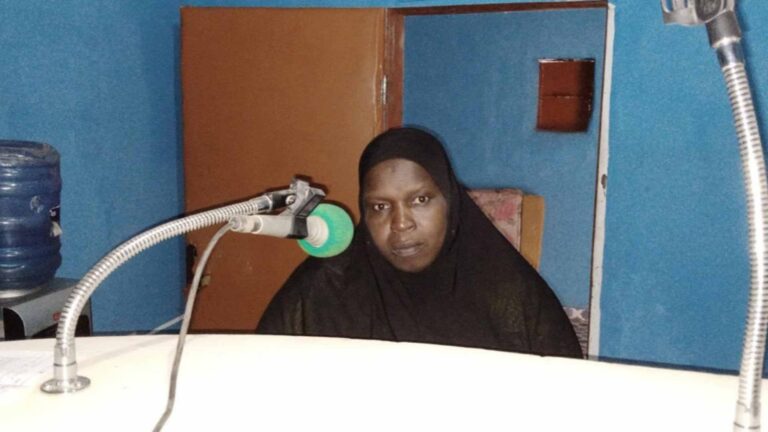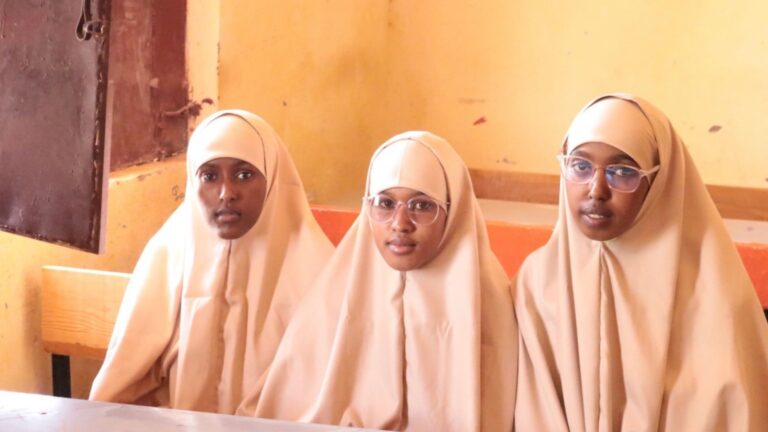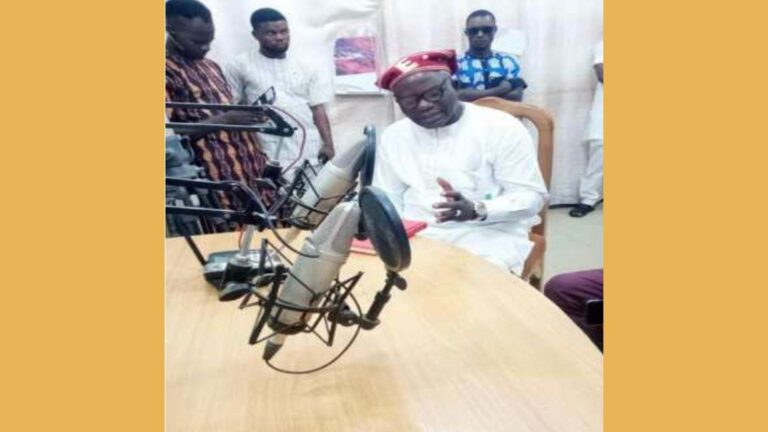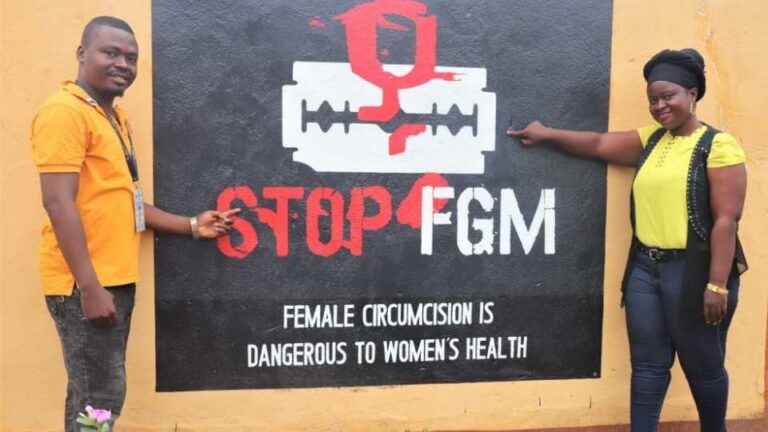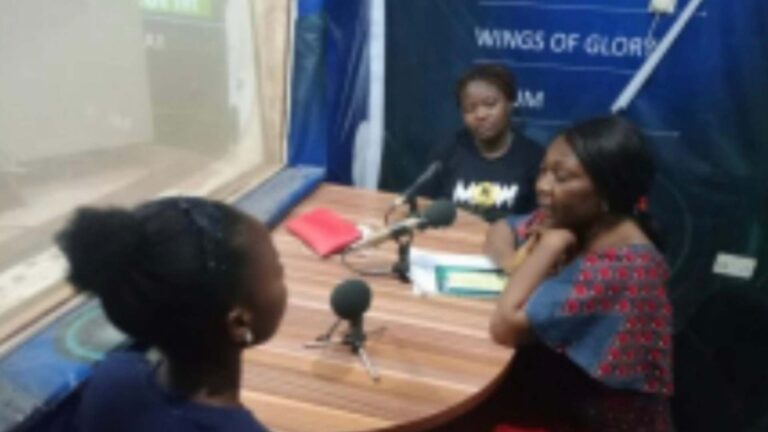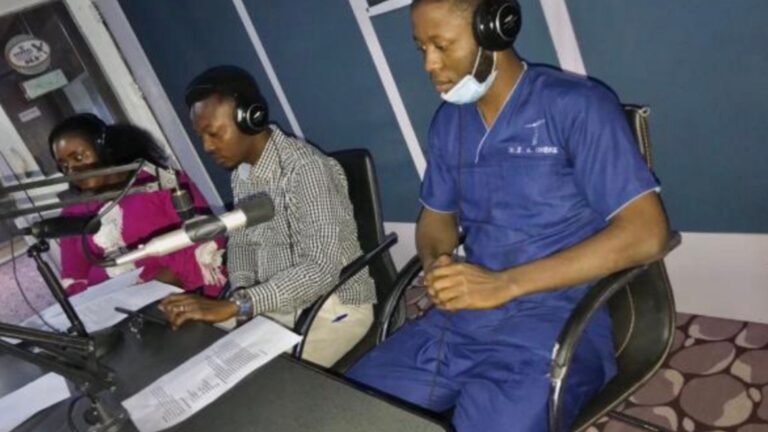By Naimah Hassan, Director of Programmes GMC
In the past 18 months, an intensive media campaign led by campaigners and journalists; supported by GMC in partnership with UNFPA, Irish Aid, and Ifrah foundation is at a tipping point of the attitudinal shift of religious leaders as well as media whereby ending all forms of FGM is now being prioritised within the religious community, and similarly within government and the media agendas in the highest prevalent region of Ethiopia where 98.5% of girls are mutilated.
On August 28th, one of the most pivotal consultative meetings on FGM between Somali Regional State (SRS) bureaus to reaffirm their commitment, collaboration, and partnership towards FGM-free Somali.
The meeting outcome was broadcast on HCTV and attended by ministers and officials from:
- SRS Supreme Islamic Affairs Council
- SRS Islamic Sharia court
- SRS Women and Children Affairs Bureau
- SRS Health Bureau
- SRS Police Commission
- SRS Attorney general
- SRS Justice Bureau
Key outcomes and recommendations from this consultation are:
- Religious leaders Committee for the Completion of the Draft Fatwa
- To move forward with finalising the Act on the Elimination of Female Genital Mutilation The Independent Committee those were preparing the fatwa recommends the following steps.
- The Independent religious scholar Commission strongly welcomed the commitments made by the Somali Regional Offices at the consultation forum.
- To convene a wider religious leaders forum represented by all Somali region zones in the process of finalising a fatwa against all forms of FGM
- Work with donors and partners that can facilitate finalising a zero-tolerance against FGM Fatwa consultations and localised media campaigns
- That the government offices to the bureau of the Supreme Council of Islamic Affairs are needed to assign off and submit experts who advise on the issuance of fatwa.
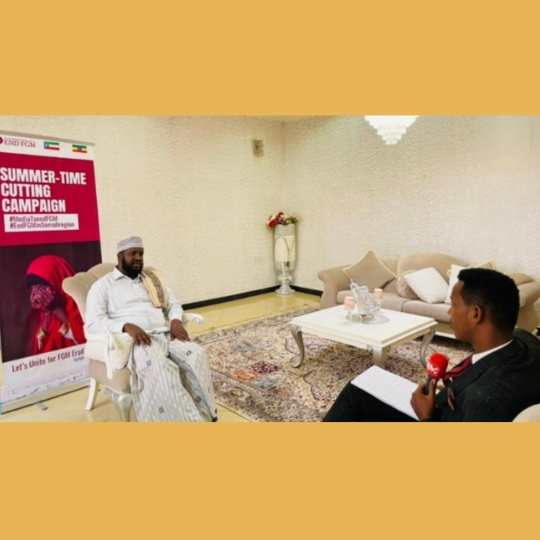
Garaad Kulmiye one of the leading traditional elder’s shares “ I will always remember a friend of mine that had circumcised his young daughter, who needed urgent medical attention and later developed mental health issues that she suffers from to this day… I call on the traditional elders to play their part in speaking out against FGM, this harmful tradition has destroyed our children’s futures and that is unacceptable”
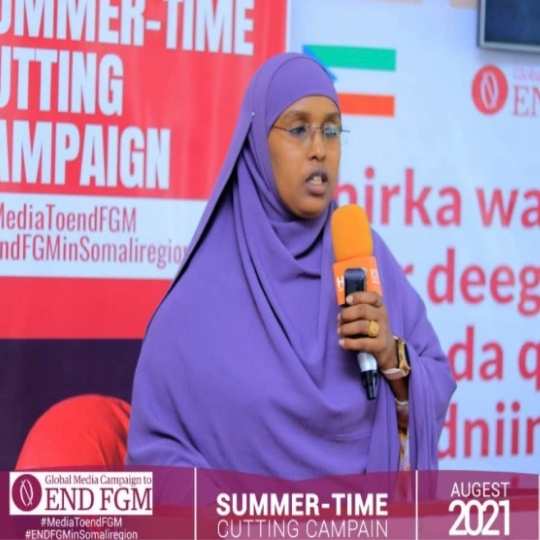
” As BOWCA we mainly emphasize conducting mass awareness about harmful traditional practices with the help of the partner organization both NGOs and Government Offices. Somali people need in-depth information and knowledge about the problems of FGM religiously and scientifically. This fatwa and programs like this need to reach all Somali region districts, Keeble’s, and sub-kebeles in the remote areas to get enough awareness about the health impacts of FGM….we are ready to support and be hand in hand with our partners and do whatever we can do about ending all forms of FGM in Somali region. I thank GMC and organisers of this consultative meeting to end FGM in Somali region as well as Fatwa committee who are drafting FGM Fatwa.”
Ms. Saynab Haji Aden, Head of Somali Regional State, Bureau of Women and Children Affairs
Midwife Faysa Ismail Osman at the Suldan Sheikh Hassan yabaree Hospital adds “In fact, we are constantly and daily confronted with mothers who find it difficult to give birth. Women between the ages of 25 and 40 are the most affected by FGM at an early age.”
With the support of UNFPA, four innovative summertime media campaigns on FGM reaching 15 million listeners and viewers, aiming to increase community conversations about FGM on popular TV and radio programmes were launched. Topics included the importance of religious scholars speaking in unison against all forms of FGM, to roundtable discussions, debates, and jingles representing different community voices to diversify, amplify and educate the wider community about FGM.


